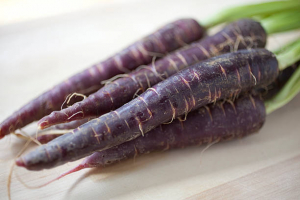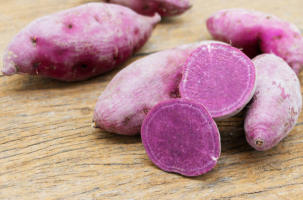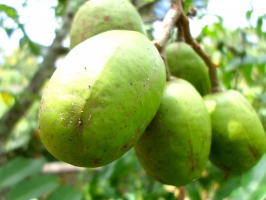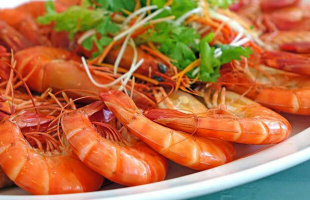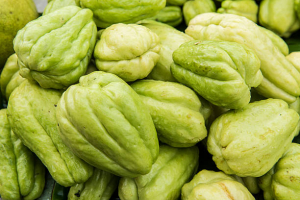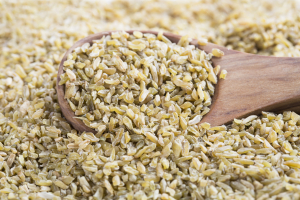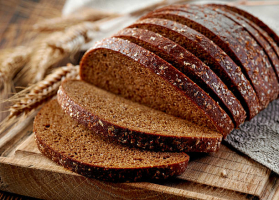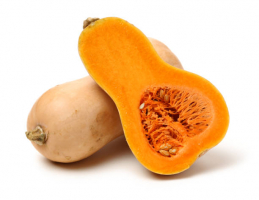Top 5 Health Benefits of Purple Yam (Ube)
Dioscorea alata is a yam species that is also known as purple yam, ube, violet yam, or water yam. This Southeast Asian tuberous root vegetable is sometimes ... read more...mistaken for taro root. It is an indigenous staple of the Philippines that is now farmed and loved globally. Purple yams have greyish-brown skins and purple meat, and when cooked, their texture turns mushy like a potato. They have a sweet, nutty flavor and are used in a range of sweet and savory cuisines. Let's discover the best health benefits of purple yam.
-
The purple yam (ube) is a starchy root vegetable that’s a great source of carbs, potassium, and vitamin C. One cup (100 grams) of cooked ube provides the following:
- Calories: 140
- Carbs: 27 grams
- Protein: 1 gram
- Fat: 0.1 grams
- Fiber: 4 grams
- Sodium: 0.83% of the Daily Value (DV)
- Potassium: 13.5% of the DV
- Calcium: 2% of the DV
- Iron: 4% of the DV
- Vitamin C: 40% of the DV
- Vitamin A: 4% of the DV
They are also high in potent plant chemicals and antioxidants, such as anthocyanins, which give them their brilliant color. Anthocyanins have been demonstrated in studies to help lower blood pressure and inflammation, as well as protect against cancer and type 2 diabetes. Furthermore, purple yams are high in vitamin C, which promotes cell health, increases iron absorption, and protects DNA from harm.
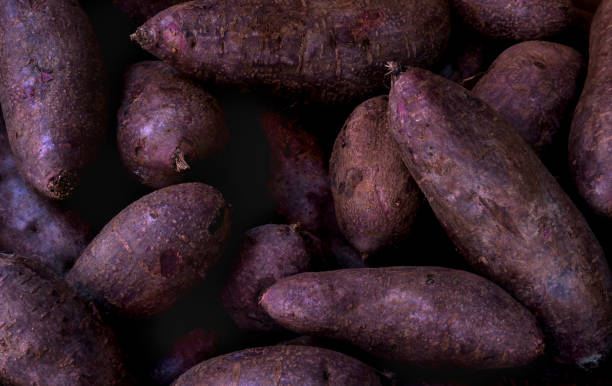
Highly nutritious 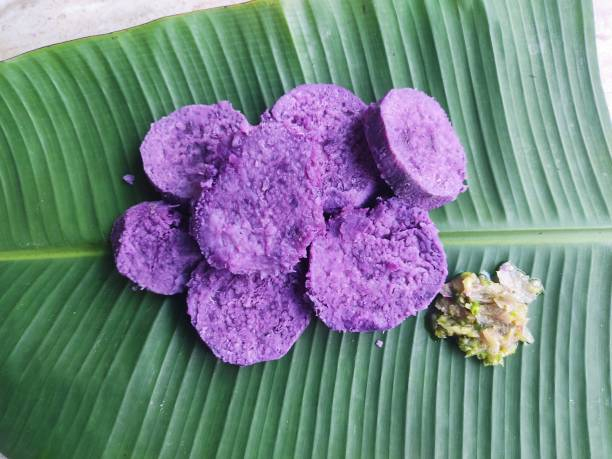
Highly nutritious -
Purple yams include antioxidants such as anthocyanins and vitamin C. Antioxidants help protect your cells from the dangerous chemicals known as free radicals. Free radical damage has been related to a variety of chronic diseases, including cancer, heart disease, diabetes, and neurological illnesses. Purple yams are high in vitamin C, which functions as an antioxidant in the body.
In fact, studies have shown that increasing your vitamin C intake can boost your antioxidant levels by up to 35%, protecting you from oxidative cell damage. Purple yam anthocyanins are a form of polyphenol antioxidant. Eating polyphenol-rich fruits and vegetables on a regular basis has been associated with a decreased risk of numerous forms of cancer. One research indicated that eating cyanidin reduced tumors by up to 45 percent in animals, while another test-tube study discovered that it delayed the development of human cancer cells. However, these experiments utilized high concentrations of cyanidin and peonidin. As a result, consuming entire purple yams is unlikely to have the same advantages.

Rich in antioxidants 
Rich in antioxidants -
Purple yam flavonoids have been found to help reduce blood sugar levels in people with type 2 diabetes. Obesity and oxidative stress-induced inflammation raise your risk of insulin resistance, poor blood sugar management, and type 2 diabetes. Insulin resistance occurs when your cells do not respond adequately to the hormone insulin, which is in charge of blood sugar management. In one test-tube investigation, flavonoid-rich purple yam extracts lowered oxidative stress and insulin resistance by preserving pancreatic insulin-producing cells. Furthermore, a research of 20 rats discovered that giving them larger doses of purple yam extract reduced hunger, stimulated weight reduction, and improved blood sugar management.
Finally, another study found that a purple yam supplement slowed blood sugar absorption in rats with high levels, resulting in better blood sugar management. This is most likely owing to purple yams' low glycemic index (GI). The GI, which runs from 0 to 100, measures how quickly carbohydrates are taken into circulation. Purple yams have a GI of 24, which means that carbohydrates are slowly broken down into sugars, resulting in a consistent release of energy rather than a blood sugar rise.
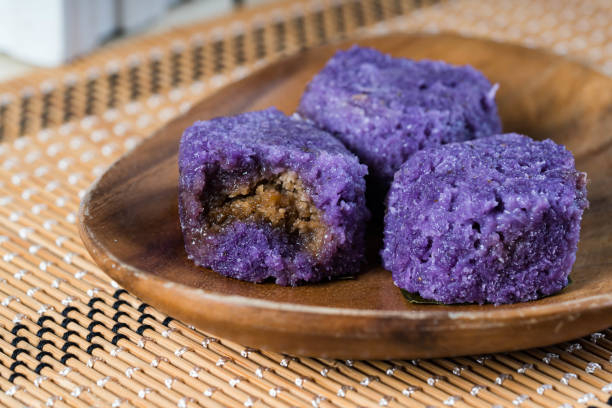
May help manage blood sugar 
May help manage blood sugar -
High blood pressure is a leading cause of heart attacks and strokes. Purple yams have been shown to reduce blood pressure. Researchers believe this is due to their high antioxidant content. According to test-tube research, purple yams contain antioxidants that may help decrease blood pressure in a similar way to standard blood-pressure-lowering drugs known as angiotensin-converting-enzyme inhibitors (ACE inhibitors).
Another research in test tubes found that the antioxidants in purple yams might inhibit the conversion of angiotensin 1 to angiotensin 2, a chemical linked to high blood pressure. While these findings are encouraging, they were acquired in a laboratory. The more human study is needed to determine whether eating purple yams helps decrease blood pressure.
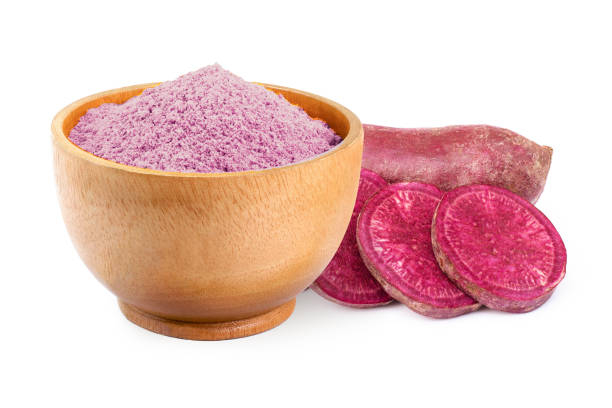
May help lower blood pressure 
May help lower blood pressure -
Purple yams may benefit your digestive health. They are high in complex carbohydrates and a rich source of resistant starch, a form of carb that is difficult to digest. In one test-tube investigation, resistant starch from purple yams enhanced the amount of Bifidobacteria, a kind of good gut bacteria, in a large intestinal environment. These bacteria are essential for gut health because they help in the digestion of complex carbohydrates and fiber.
They may even help lower your chance of developing certain disorders including colon cancer, inflammatory bowel disease (IBD), and irritable bowel syndrome (IBS). They also generate beneficial fatty acids and B vitamins. Furthermore, one study in rats discovered that purple yams exhibited anti-inflammatory properties and reduced colitis symptoms. More study is needed to determine whether consuming entire purple yams has anti-inflammatory benefits in people with colitis.
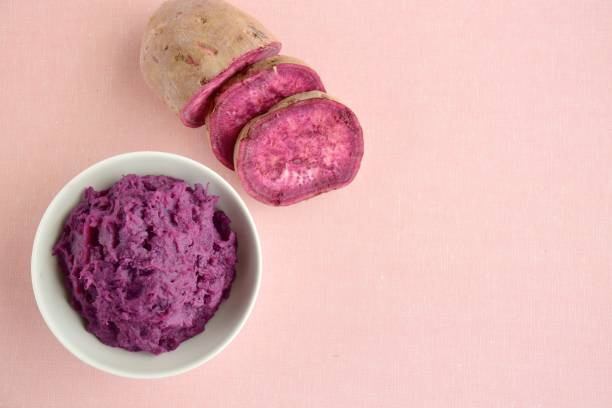
Promotes gut health 
Promotes gut health







